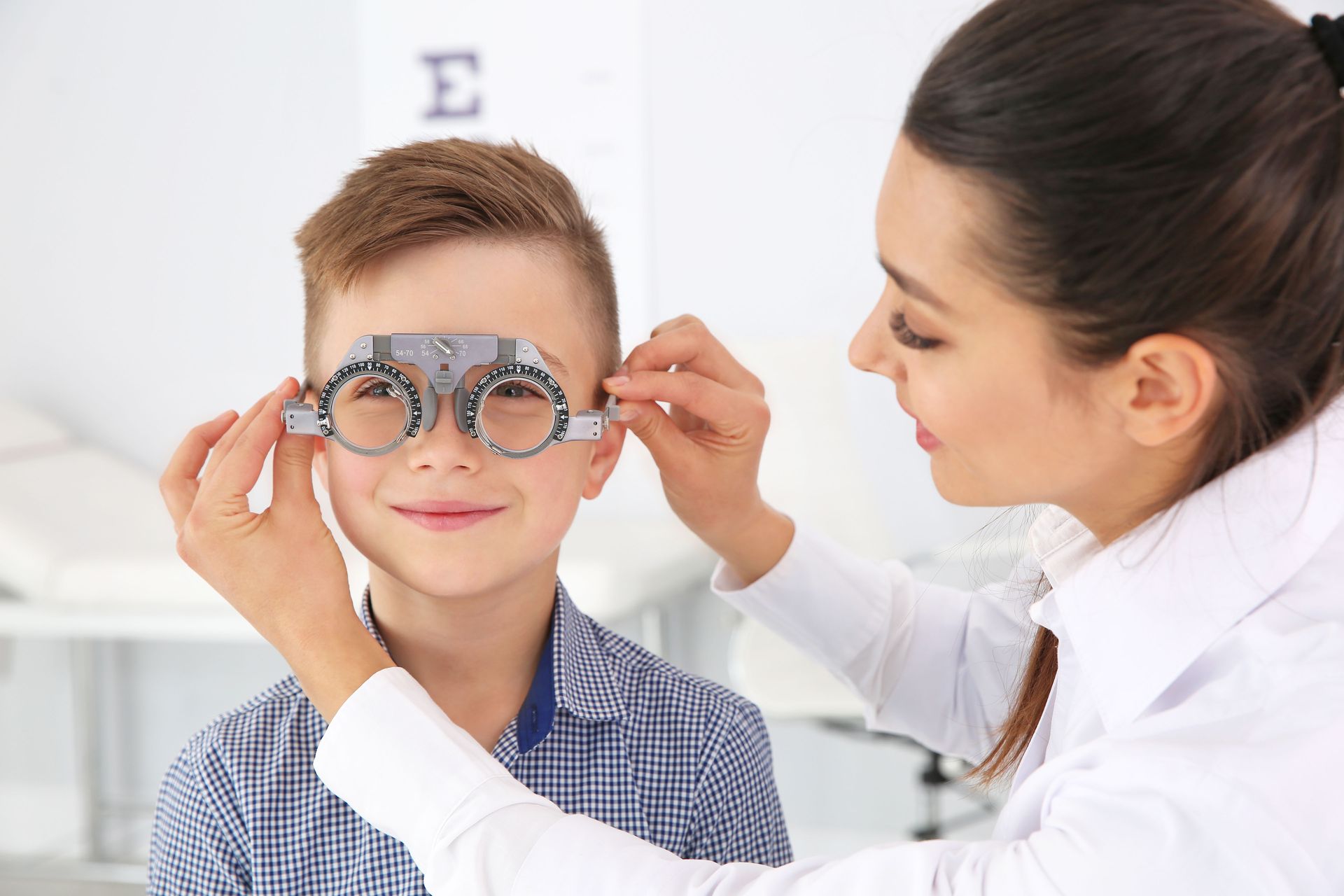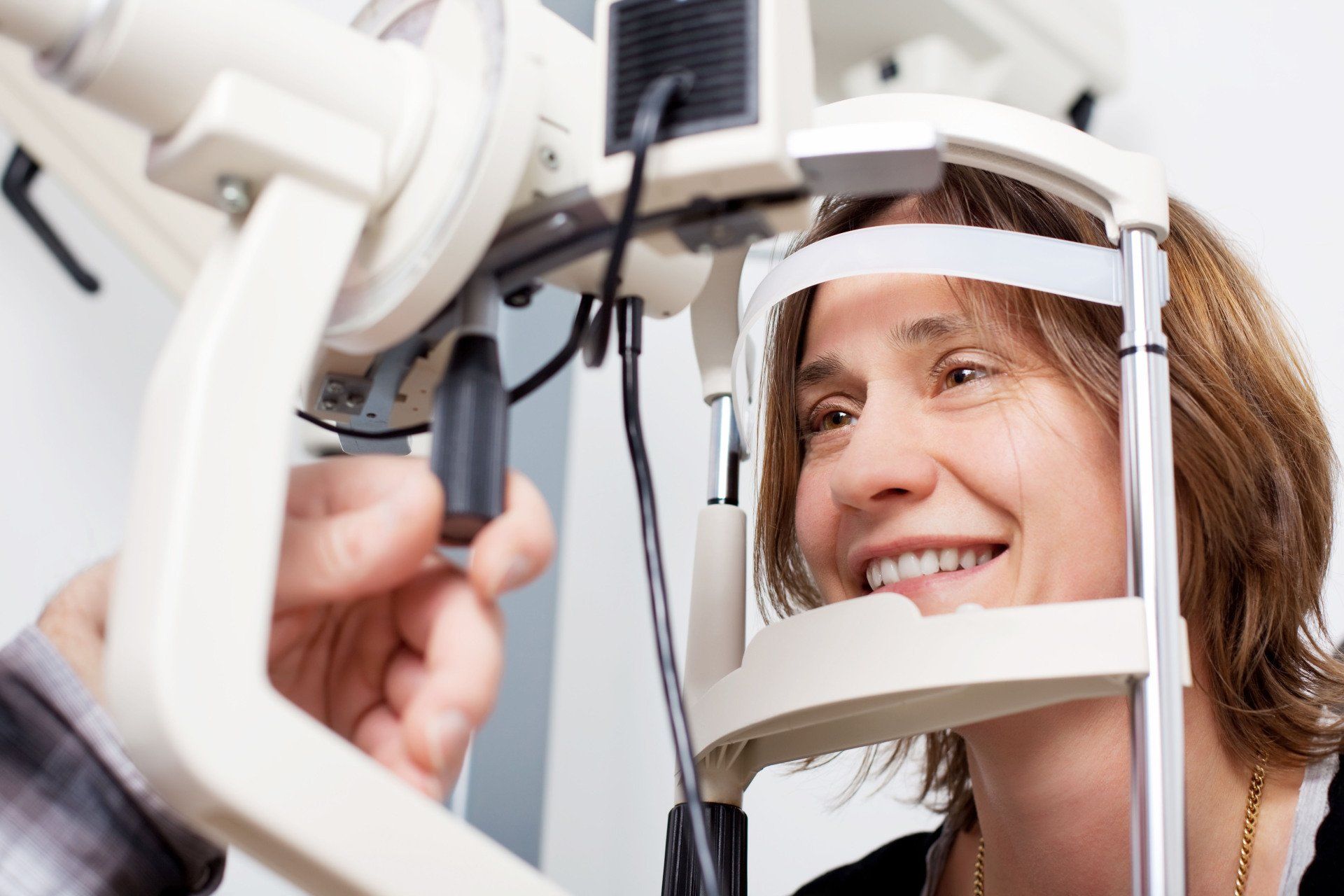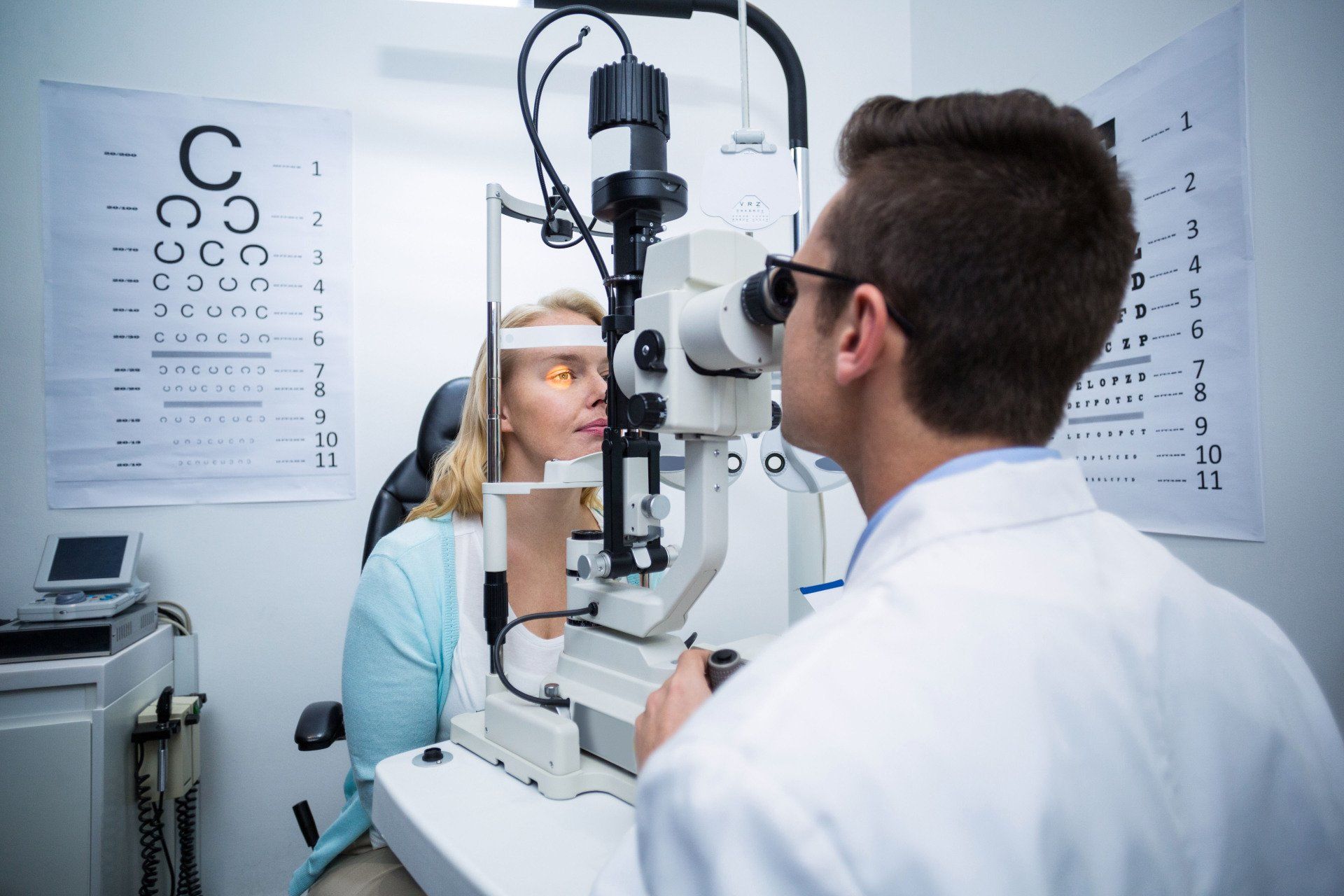What You Should Know About Cataracts
Cataracts are a prevalent eye condition that commonly develops with age. Characterized by a clouding of the eye's natural lens, cataracts can severely impact vision, leading to complications if not addressed promptly. Understanding the causes, symptoms, and treatment options for cataracts is crucial for making informed decisions about your eye health, particularly as you age. Here are a few things an optometrist would want you to know about cataracts.
Causes of Cataracts
One of the primary causes of cataracts is aging. As people grow older, the proteins in the eye's lens can clump together, forming cloudy areas that obstruct vision. According to the CDC, 20.5 million Americans over age 40 have cataracts. This statistic highlights the prevalence of cataracts and underscores the importance of regular eye examinations for adults. While aging is a major factor, cataracts can also develop due to other causes, including injury to the eye or prolonged use of certain medications.
Risk Factors for Cataracts
Several risk factors can increase the likelihood of developing cataracts. Prolonged exposure to ultraviolet light, smoking, diabetes, and genetic predispositions all contribute to the formation of cataracts. Individuals with a family history of cataracts should be especially vigilant about their eye health. Additionally, maintaining a healthy lifestyle and eating a balanced diet rich in antioxidants can help reduce the risk. Regular eye check-ups with an optometrist can also assist in early detection and management.
Symptoms of Cataracts
The symptoms of cataracts can vary, but common signs include blurred vision, increased sensitivity to light, and difficulties with night vision. Colors may also appear less vibrant. If you experience any of these symptoms, consulting a professional optometrist is essential. Early detection is crucial, as timely treatment can significantly preserve vision. The most common and effective treatment for cataracts is surgical removal, a procedure that is generally safe and has a high success rate.
Cataracts are a widespread condition that primarily affects older adults, but there are proactive steps you can take to mitigate their impact. Regular eye check-ups, maintaining a healthy lifestyle, and being aware of the symptoms can help you manage your eye health effectively. By staying informed and taking preventative measures, you can significantly reduce your risk of cataracts and enjoy clear vision well into your later years. Prioritizing your eye health ensures that you can continue to enjoy the activities and experiences that matter most to you. When you need an expert optometrist for your eye needs, contact Hemet Optometric Center.









Share On: